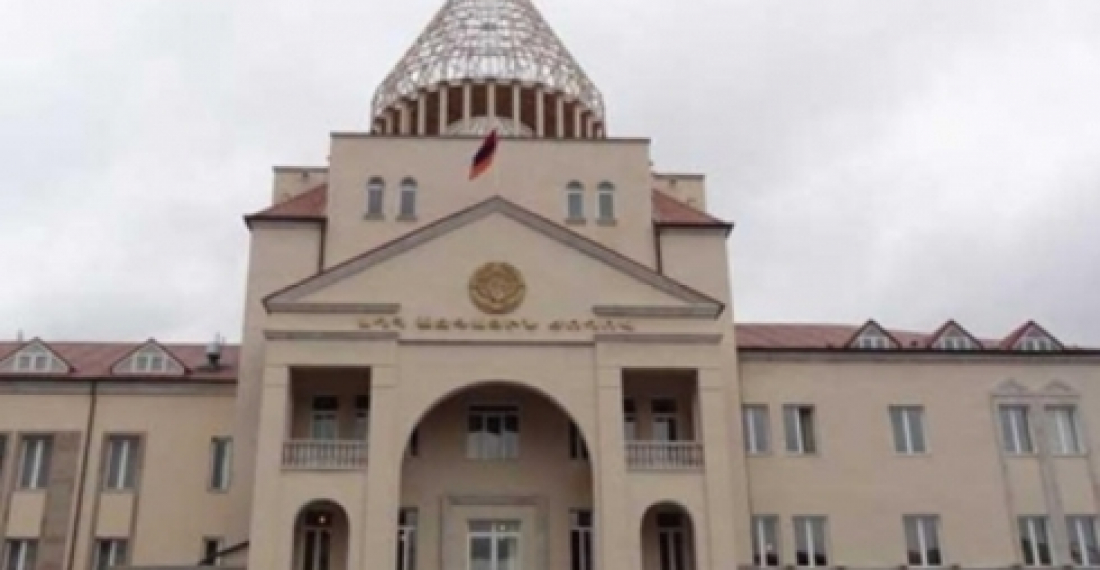Parliamentary elections are taking place Sunday (3 May) in the self-declared Nagorno-Karabakh Republic. 101,653 voters will elect 33 deputies from among 206 candidates to form the territories' parliament. Candidates represent seven political parties, and a number of them are also running as independents. The electors are essentially all ethnic Armenians since the Azerbaijani population of the territory was displaced during intensive fighting more than two decades ago. The elections have been condemned by Azerbaijan and their outcome has been dismissed by various countries and international institutions, including the United States and the European Union, as well as by the co-Chair of the OSCE Minsk Process.
A number of international observers have defied Azerbaijani criticism and are monitoring the elections. Armenian media said that they include persons from Germany and other European Countries, as well as the United States and Brazil. Reports from Stepanakert say that they include the former German Ambassador to Armenia Hans-Jochen Schmidt,
In a meeting with the international guests on the eve of the election, the president of the self-declared Republic, Bako Sahakyan said that he attached great importance to their presence. A number of observers from Armenia are also monitoring the poll. The total number of observers are reported to be around one hundred.
In a sharp reaction to the holding of the elections, the Baku based organisation "Azerbaijani Community of Nagorno-Karabakh" in a statement said that" these 'elections' flagrantly violate the Constitution of the Republic of Azerbaijan, norms and principles of international law and don't cover suffrage of Azerbaijanis living in Nagorno-Karabakh."
The statement said that "it is impossible to restore peace and cooperation in the region unless Armenian Armed Forces leave Azerbaijan's territories and this conflict is settled justly on the basis of international laws, the return of the Azerbaijani population to their lands and peaceful life between two communities ensured".
Earlier the Azerbaijani Foreign Ministry accused foreigners entering Nagorno-Karabakh to monitor the elections of breaking Azerbaijani law and said that legal measures may be instigated against them.
source: commonspace.eu with agencies
photo: The administration building of the self-declared Nagorno-Karabakh Republic in Stepanakert. (archive picture)







